Fara Phoebe Zetsche, Germany
Germany: Victims of hoarding at home
Towers of furniture, cardboard boxes, crumpled clothes, plastic bags, unopened packaging and old worn-out toys. When people witness such situations, they might say something like “This simply needs some tidying.” But that is usually not enough and sometimes doesn’t help at all. This is also the opinion of German photographer Fara Phoebe Zetzsche who documented the situation of people who are not able to master their daily life and provided her with an insight into their shabby surroundings. Those affected often realize the irrationality of their uncontrolled hoarding but are not able to act accordingly.
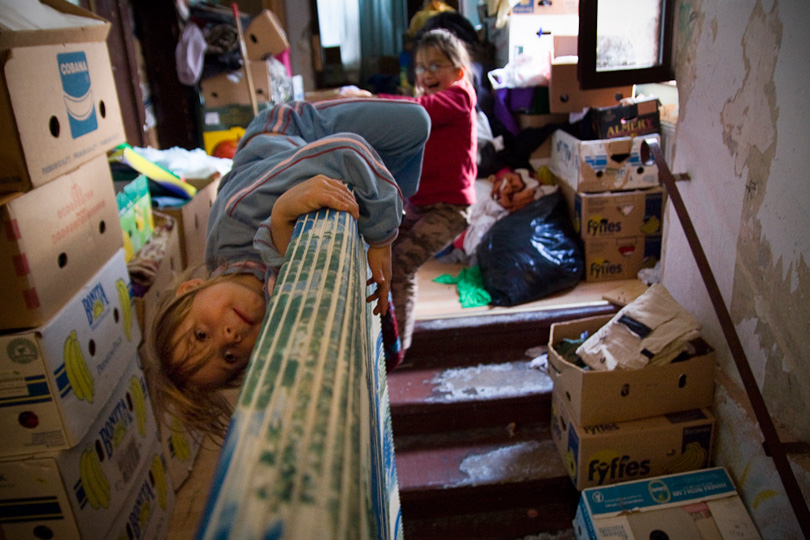 Bild 1 von 5 © Fara Phoebe Zetzsche/University of Applied Sciences for Design and Media, Hanover
Bild 1 von 5 © Fara Phoebe Zetzsche/University of Applied Sciences for Design and Media, Hanover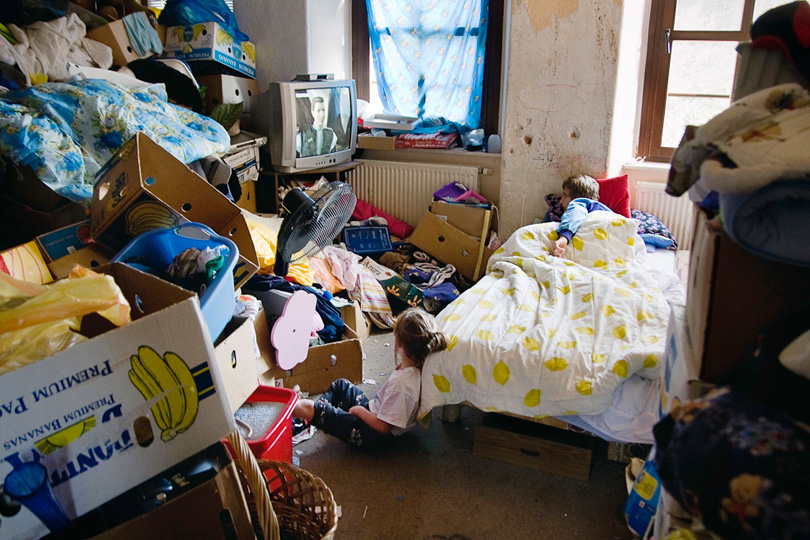 Bild 2 von 5 © Fara Phoebe Zetzsche/University of Applied Sciences for Design and Media, Hanover
Bild 2 von 5 © Fara Phoebe Zetzsche/University of Applied Sciences for Design and Media, Hanover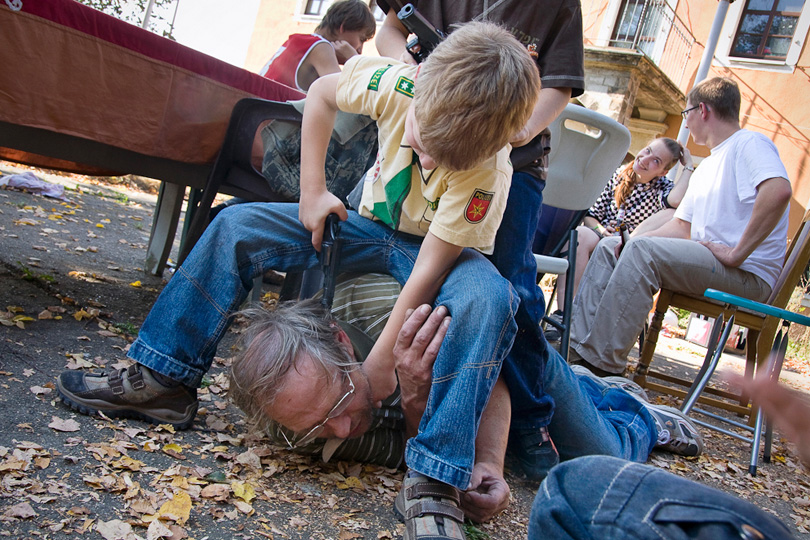 Bild 3 von 5 © Fara Phoebe Zetzsche/University of Applied Sciences for Design and Media, Hanover
Bild 3 von 5 © Fara Phoebe Zetzsche/University of Applied Sciences for Design and Media, Hanover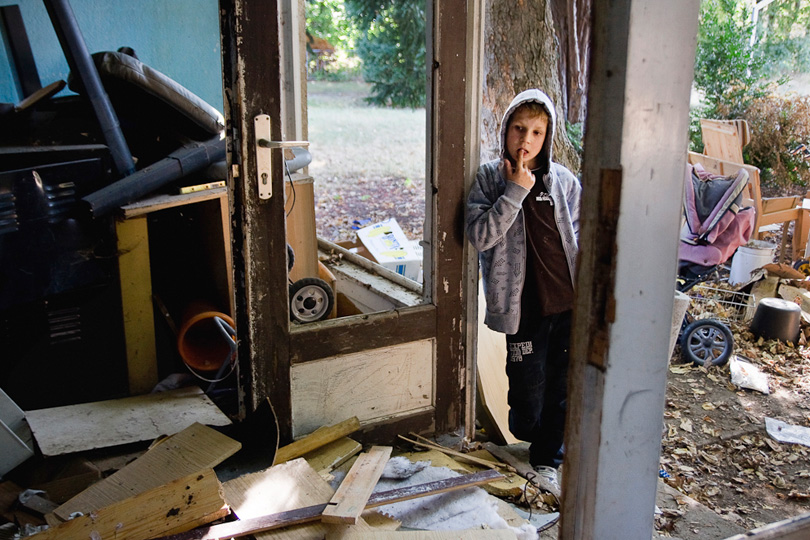 Bild 4 von 5 © Fara Phoebe Zetzsche/University of Applied Sciences for Design and Media, Hanover
Bild 4 von 5 © Fara Phoebe Zetzsche/University of Applied Sciences for Design and Media, Hanover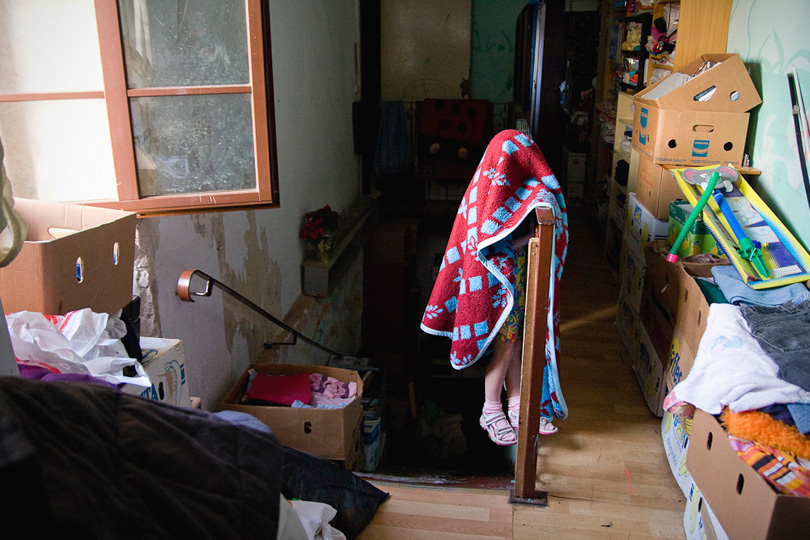 Bild 5 von 5 © Fara Phoebe Zetzsche/University of Applied Sciences for Design and Media, Hanover
Bild 5 von 5 © Fara Phoebe Zetzsche/University of Applied Sciences for Design and Media, Hanover
Children who grow up in such chaotic misery often lead a similar life as adults if they don’t receive any help from the authorities, doctors or from the legal sector. Fara Phoebe Zetzsche hopes that her report will raise awareness, empathy and affection for hoarding victims as well as professional help. Even if the children seem to be quite happy, they will nevertheless be damaged through this social isolation.
Curriculum Vitae: Fara Phoebe Zetsche
In 2010 she made an internship as picture editor at the German newspaper Frankfurter Allgemeine Zeitung (FAZ).
Her reportage „Hoard and Clutter“ was awarded with Honorable Mentions at the New York Photo Awards (Students Category: „Social Documentary Essay“) and at the International Photography Awards (Non-Prof Categories: „Photo Essay“ and „Deeper Perspective“). In her reportages she is intrigued by the idea of showing the realities of marginalized social groups and their behavior. The camera is her ticket into the world of her protagonists whereupon taking care of always showing her own empathic experiences rather than reproducing only the known and supposed things.